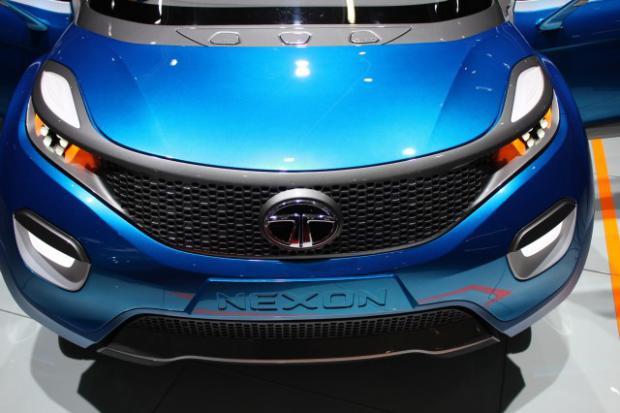
Breaking News
 Dr Pollan at Harvard has cured schizophrenia using keto diet
Dr Pollan at Harvard has cured schizophrenia using keto diet
 We are winning. Big Pharma is finding it too difficult to get new vaccines approved under Trump
We are winning. Big Pharma is finding it too difficult to get new vaccines approved under Trump
 Abortion drugs discovered in Bill Gates' vaccines
Abortion drugs discovered in Bill Gates' vaccines
 Ask yourself how we've gotten here, then ask yourself why no one seems to care.
Ask yourself how we've gotten here, then ask yourself why no one seems to care.
Top Tech News
 Drone-launching underwater drone hitches a ride on ship and sub hulls
Drone-launching underwater drone hitches a ride on ship and sub hulls
 Humanoid Robots Get "Brains" As Dual-Use Fears Mount
Humanoid Robots Get "Brains" As Dual-Use Fears Mount
 SpaceX Authorized to Increase High Speed Internet Download Speeds 5X Through 2026
SpaceX Authorized to Increase High Speed Internet Download Speeds 5X Through 2026
 Space AI is the Key to the Technological Singularity
Space AI is the Key to the Technological Singularity
 Velocitor X-1 eVTOL could be beating the traffic in just a year
Velocitor X-1 eVTOL could be beating the traffic in just a year
 Starlink smasher? China claims world's best high-powered microwave weapon
Starlink smasher? China claims world's best high-powered microwave weapon
 Wood scraps turn 'useless' desert sand into concrete
Wood scraps turn 'useless' desert sand into concrete
 Let's Do a Detailed Review of Zorin -- Is This Good for Ex-Windows Users?
Let's Do a Detailed Review of Zorin -- Is This Good for Ex-Windows Users?
 The World's First Sodium-Ion Battery EV Is A Winter Range Monster
The World's First Sodium-Ion Battery EV Is A Winter Range Monster
 China's CATL 5C Battery Breakthrough will Make Most Combustion Engine Vehicles OBSOLETE
China's CATL 5C Battery Breakthrough will Make Most Combustion Engine Vehicles OBSOLETE
Tata AirPod Compressed-Air Car To Launch In Hawaii This Year: Report

While a car that runs on air comes with obvious environmental benefits, including zero emissions from the non-existent tailpipe, the technology seemed unworkable for everyday use.
Yet Indian carmaker Tata Motors apparently hasn't given up.
The company plans to work with Luxembourg-based Motor Development International (MDI) to put a compressed air car on sale this year, according to a new report from the Business Standard (via Indian Autos Blog).
The two companies reportedly aim to put a version of MDI's AirPod on sale in Hawaii before the end of 2015, through franchisee Zero Pollution Motors.
The AirPod is a very small vehicle, although it will reportedly seat three adults and one child.
Top speed is estimated at just under 50 mph, the report says, and its onboard tanks will hold enough compressed air for 124 miles of range.
Refilling the tanks will require special compressed-air stations--creating an infrastructure issue that proponents of battery-electric and hydrogen fuel-cell cars will be quite familiar with by now.



